
While IVF has become a very accepted and almost "routine" procedure (I use this statement with caution, but the fact of the matter is that almost nobody bats an eyelid at IVF treatment now), the risks involved with IVF have not yet been researched properly. After all, this is still a relatively new procedure, and the first IVF babies are now in their thirties. This very fact makes it rather hard to provide an accurate picture of the health of IVF-lings as a whole. Where do reports that IVF might cause autism come from, then? Most of these claims are based on a recent Israeli study, which found that the autism rate was 3.5 percent for the general population, while 10.5 percent of those conceived through IVF was diagnosed with this condition.
Unfortunately, few sources mentioned that this 10.5 percent referred only to those who took part in the study 461 children. Is that not a rather small number to be able to come to any conclusions? Thousands upon thousands of Israelis compared to less than 500 study subjects? While there might indeed be some truth to the claims that IVF increases the risk of autism, I do not believe this study can be accepted as conclusive evidence that IVF poses any risks.





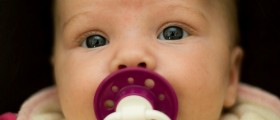

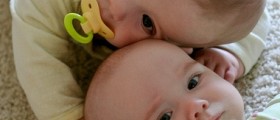

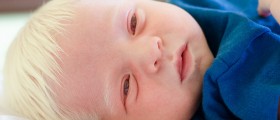


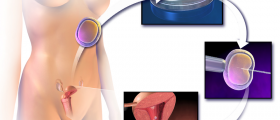
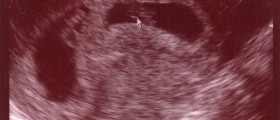
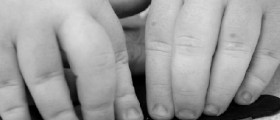

Your thoughts on this
Loading...